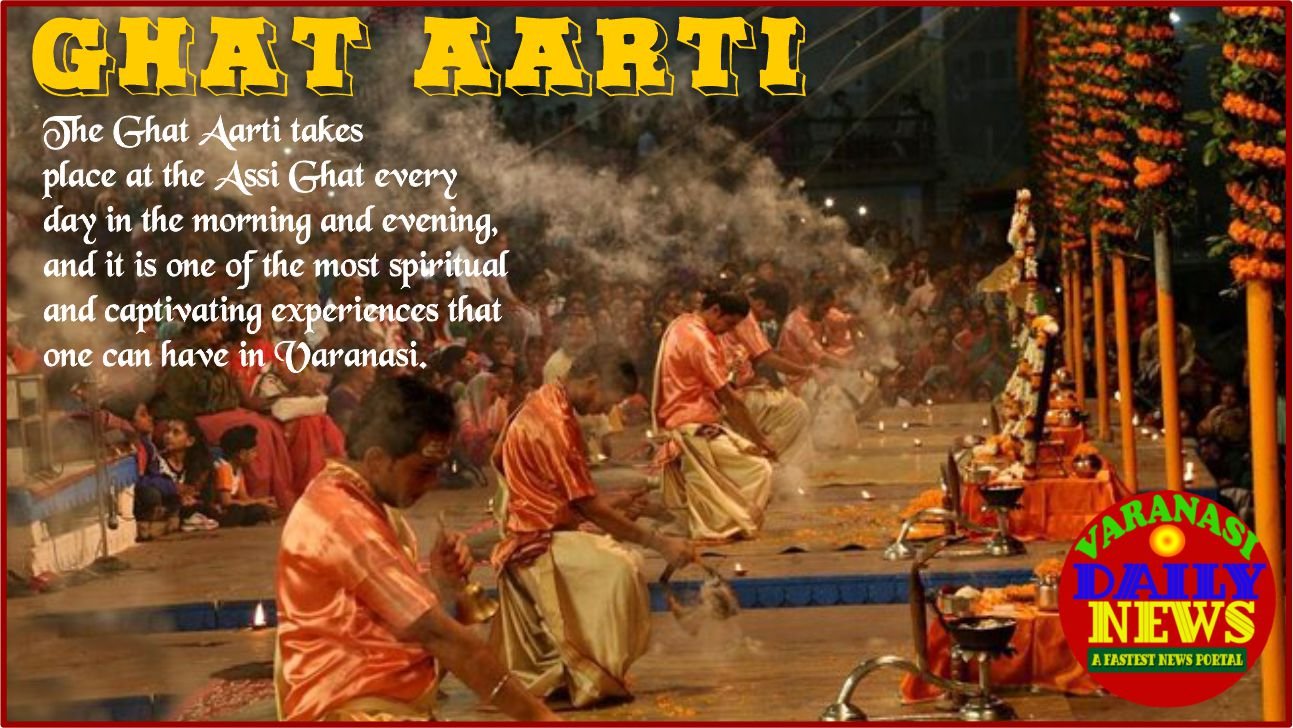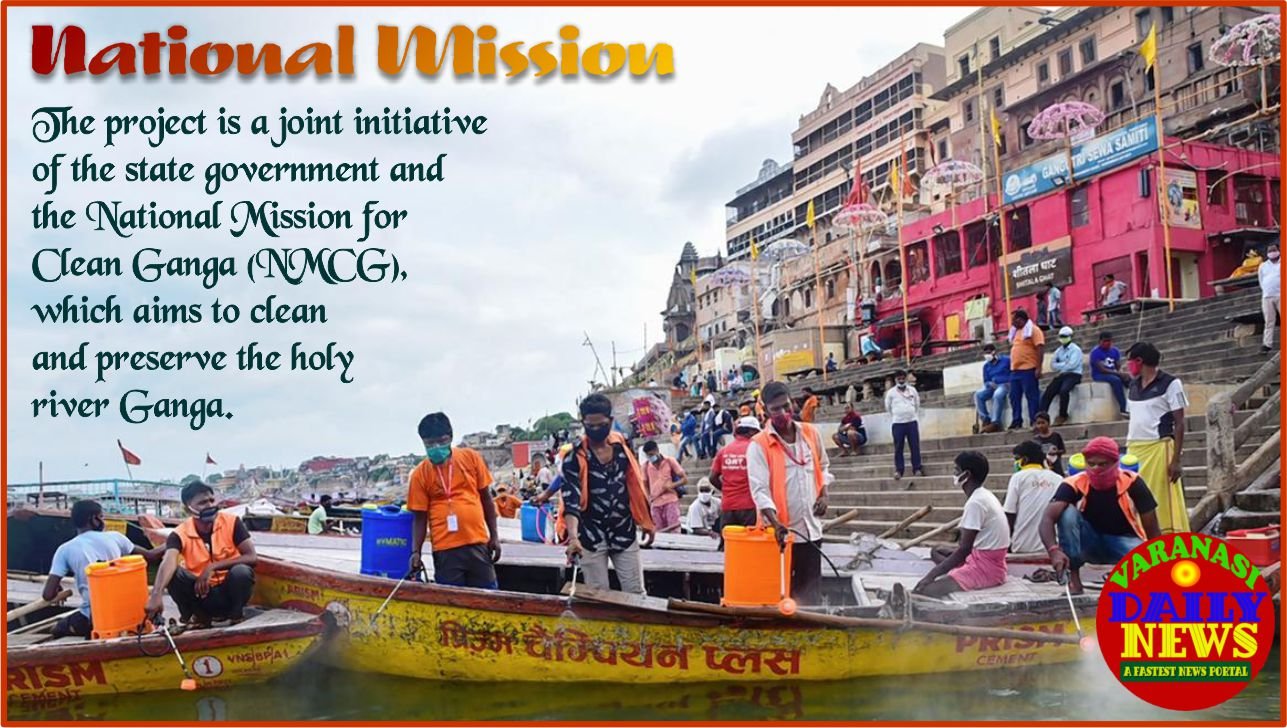The Varied Colours and Moods of Varanasi Ghats An Artistic Exploration.
Varanasi, also known as Banaras or Kashi, is a city in the Indian state of Uttar Pradesh, situated on the banks of the holy River Ganges. The Ganges river holds tremendous significance for Hindus, who believe that a dip in its waters will cleanse them of their sins and grant them eternal salvation. Varanasi Ghats, a series of steps leading down to the river, are a significant landmark of the city, and a hub of activity where locals and tourists alike congregate to witness the ebb and flow of the river of life.
The Varied Colours and Moods of Varanasi Ghats An Artistic Exploration.

Ghats of Varanasi
The ghats of Varanasi are a wonderland of colourful sights and sounds, each with its unique character and charm. The artistry of the ghats is perhaps best experienced in the early hours of the morning when the city is still waking up. As the sun rises in the sky, the colours of the ghats change with every passing moment, a visual feast for the eyes.
Important Links
Implementing Sustainable Development VDA’s Role in Varanasi’s Progress
Varanasi is Temples A Reflection of Culture and Faith
Varanasi A City Resilient and Thriving in the Modern Age
Varanasi Ghats Where Spirituality Meets the River A Transformative Journey
External Link
Most popular ghats
One of the most popular ghats is Dashashwamedh Ghat, located close to the Kashi Vishwanath Temple, dedicated to Lord Shiva. The ghat is where the famed Ganga Aarti is performed every evening. Thousands of devotees gather around the ghat to witness the aarti, with the hymns and chants filling the air with a transcendental vibe. The ghat takes on a golden hue during the aarti, with thousands of diyas and incense sticks lit, adding to the serene atmosphere.
The Varied Colours and Moods of Varanasi Ghats An Artistic Exploration.
Oldest and the Holiest ghat

Another popular ghat is the Manikarnika Ghat, the oldest and the holiest ghat in Varanasi. It is believed that the Manikarnika Ghat is the spot where Goddess Parvati dropped her earring into the Ganges, and Lord Shiva dug the Kund (a kind of a water body) in which the earring was found. Hindus believe that being cremated on this ghat, one attains moksha or liberation from the cycle of birth and death.
Ancient and holy city
With its architecture of temples, palaces, shrines, and water tanks of various shapes and sizes, the ghats of Varanasi provide a canvas for a range of styles of art. There are paintings, sculptures, murals, and even graffiti, each depicting a facet of life in this ancient and holy city.
The Varied Colours and Moods of Varanasi Ghats An Artistic Exploration.
Inspiration for Artists
The ghats of Varanasi have been inspirational to many artists, including painters, photographers, and filmmakers. The mood of the ghats changes depending on the time of day or year, and they provide an endless source of inspiration for artists looking to capture the essence of the city.

Conclusion
In conclusion, the ghats of Varanasi are not just a place where one can witness the everyday life of people living on the banks of the river Ganga, but also an artistic representation of the rich culture and heritage of this magnificent city. The colours and moods of the ghats provide an endless source of inspiration for artists, who find a treasure trove of creative possibilities in the ancient and holy city of Varanasi.
The Varied Colours and Moods of Varanasi Ghats An Artistic Exploration.







